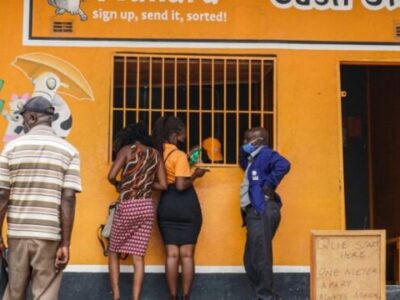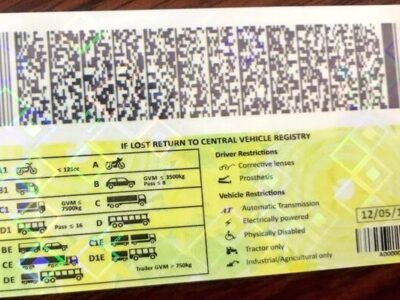The proverb “One man’s pleasure is another man’s pain” aptly fits the current situation in Zimbabwe where Government last Friday gazetted a statutory instrument meant to foster infrastructure sharing in the telecommunications industry.
In terms of the Statutory Instrument 137 of 2016 all licensed telecoms operators are now compelled by law to share infrastructure wherever it is technically and economically possible.
By Kudakwashe Pembere
A thing which is a sin to Econet Wireless Zimbabwe is a blessing to TelOne, Powertel, Africom, NetOne and Telecel Zimbabwe.
While this move might be boon for other telcos, this instrument is a bitter pill to swallow for the largest MNO in the country.
In its statement on March 29, Econet which also owns Liquid Telecom said they did not fancy that the move was aimed at them.
“Our understanding of infrastructure sharing entails parties who have invested in infrastructure in different geographic areas entering into arrangements to share their respective infrastructure on an equitable and reciprocal basis to avoid infrastructure duplication.
“Econet is the youngest mobile operator, having entered the market when others already had a head start. We had to raise funding through various channels, including the Zimbabwe Stock Exchange, to develop our own network to the level where we now hold approximately 80% of the telecommunications infrastructure in the market.
“The tone that the current debate on infrastructure sharing has taken appears aimed at compelling EconetWireless to make its infrastructure available for the use of others who chose other investment priorities.”
In August Ecocash head Natalie Jabangwe Morris told the Mobile Money and Digital Payments conference that the company would only consider sharing its infrastructure after recovering costs.
“Let me make a very clear point to all the attendees of this conference and very humbly so to the Honorable Minister (Supa Mandiwanzira). It takes a lot to be able to grow a mobile money payments business. When you talk about over six million customers registered, up to 70 percent of Zimbabwe’s adult population. Forty seven percent of Zimbabwe’s gross domestic product moved on EcoCash,” Jabangwe said.
Nonetheless, government in Section 9 of the SI 137 of 2016 has warned that no telecommunication license holder shall, “ obstruct or delay negotiations, or; refuse to designate proper representative to take part in negotiations; or refuse to provide relevant information; or misrepresent facts.”
Government also noted telecommunications that refuse to comply will be heavily fined , “Any telecommunication licence holder who contravenes sections 6, 8, 9, 11, 12, 13 and 14 shall be guilty of an offense and liable to a penalty in accordance with the Postal and telecommunications (Penalties) Regulations, 2008, under Statutory Instrument 162 of 2008.”
With the new SI 137 of 2016, the Postal and Telecommunications Regulatory Authority of Zimbabwe, can now compel operators to share infrastructure in the national interest. Operators can share space, towers, power, shelters, security, optic fibre cables, copper cables, trenches, manholes, ducts and poles among others.
The complexities of sharing infrastructure for Mobile Network Operators, (MNOs) are quiet different from Intenet Access Providers (IAP).
While it is logically and financially bad to have all MNO`s installing base stations in the same area especially in the remote and expensive resort towns up the mountains where they all have obvious business interests, it would be folly to discourage independent IAPs to do the same.
Its obviously resource wasting for MNO while for IAPs it’s the best thing ever, in data channels redundancy is the core of any network. If there is a network break like what once happened with Liquid link in Messina, then you are pitting the whole country in darkness in the name of infrastructure sharing, so fall backs and independent players are ideal for IAPs and not for MONs.
Whats on the ground is that its now official and gazetted by Government that every telecom player should share infrastructure although ironically they were already doing that.













Comments